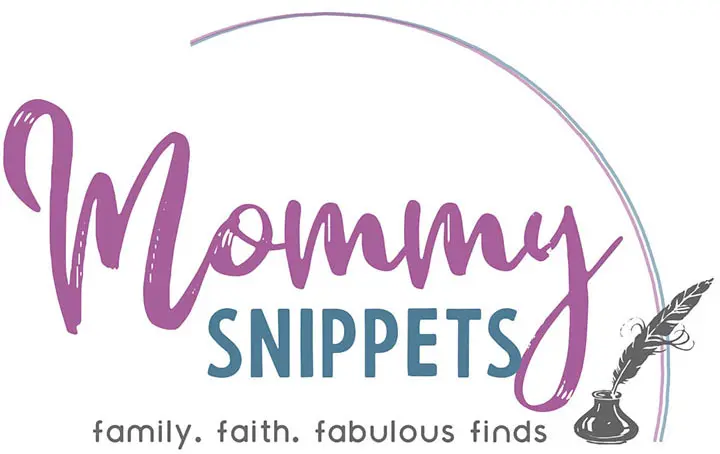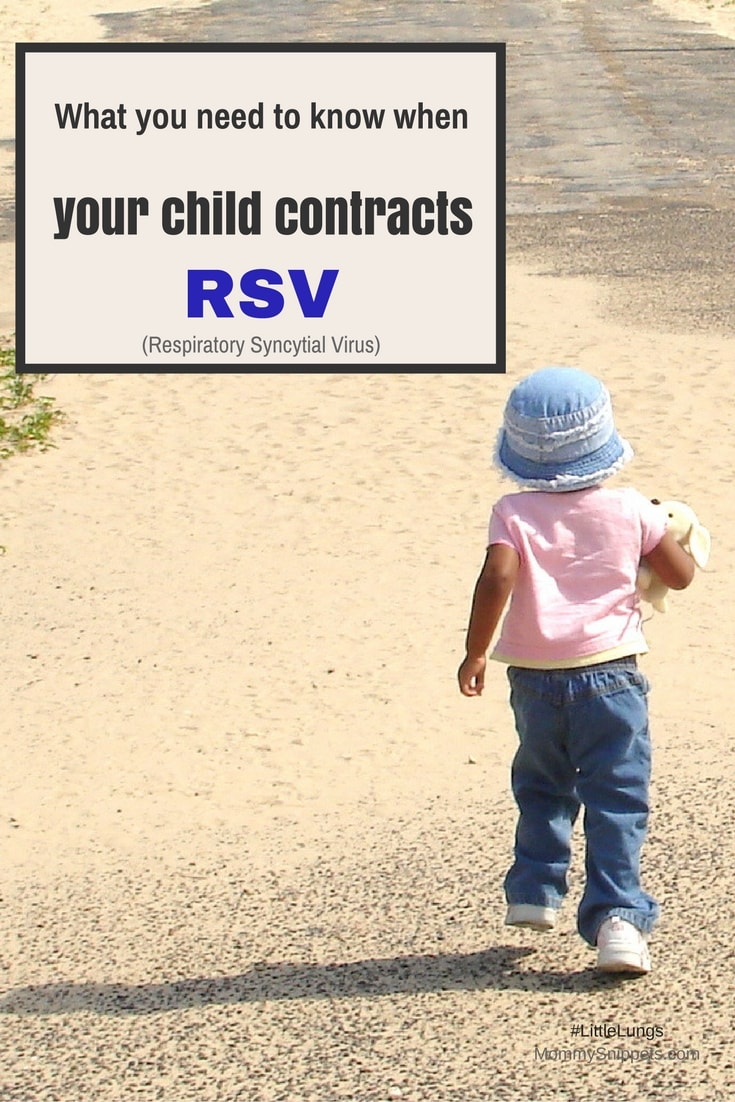What you need to know when your child contracts RSV
This post contains editorial samples and/or affiliate links to products I recommend. While this adds no additional cost to you, I will earn a small commission on any sales made.
My daughter was almost two when her pediatrician’s P.A. insisted we take her to the local hospital to get a chest x-ray done.
The day prior we had taken her to our pediatrician’s clinic to have her checked up because she seemed to have difficulty breathing and seemed to have a terrible cold accompanied by a mild fever.
The doctor recommended some over-the-counter drugs and said she would be better the next day but that was not the case.
She actually looked worse!
We started to worry when our once perky toddler sat lethargically, pale-faced, on the couch asking to be held all day.
That visit to the clinic, with the chest x-ray in hand, revealed our sweet baby had contracted RSV.
What is RSV?
RSV, as it is commonly known, is Respiratory Syncytial Virus, a virus that occurs between November and March, here in the U.S.
It is said most children will contract RSV before they turn 2 years old, with severity varying though.
While not considered to be something a parent should worry about, it can be a cause of concern if not detected early and treatment for the same is not provided quickly enough.
The virus affects a child’s lungs causing extreme difficulty in breathing (some children start turning slightly blue around the mouth and/or fingernails.) and brings along additional symptoms like a high fever, congestion, persistent coughing, and wheezing.
Dottie was put on medicated breathing treatments through a nebulizer and in about two days slowly started to get back to being her perky self again.
What you need to know when your child contracts RSV
Despite the improvement in Dottie’s health, we were advised to
- avoid crowded areas and public gatherings to prevent catching anything during the period her body was being strengthened immunity-wise
- wash our hands frequently especially when doing things with her, to ensure we didn’t cross infect with any germs
- sanitize all her clothing, bedding, linens etc. especially right after she was diagnosed.
For more information on what you need to know when your child contracts RSV and other helpful resources on RSV, visit RSVProtection.com .

I remember how scared my husband and I were when we heard our firstborn had contracted RSV.
If only someone had shared this information with us earlier, we would have been calmer about the diagnosis.
This post was sponsored but all opinions expressed in my post are my own.
I’d love to hear from you. Hop over to chat with me on Facebook and/or Twitter

